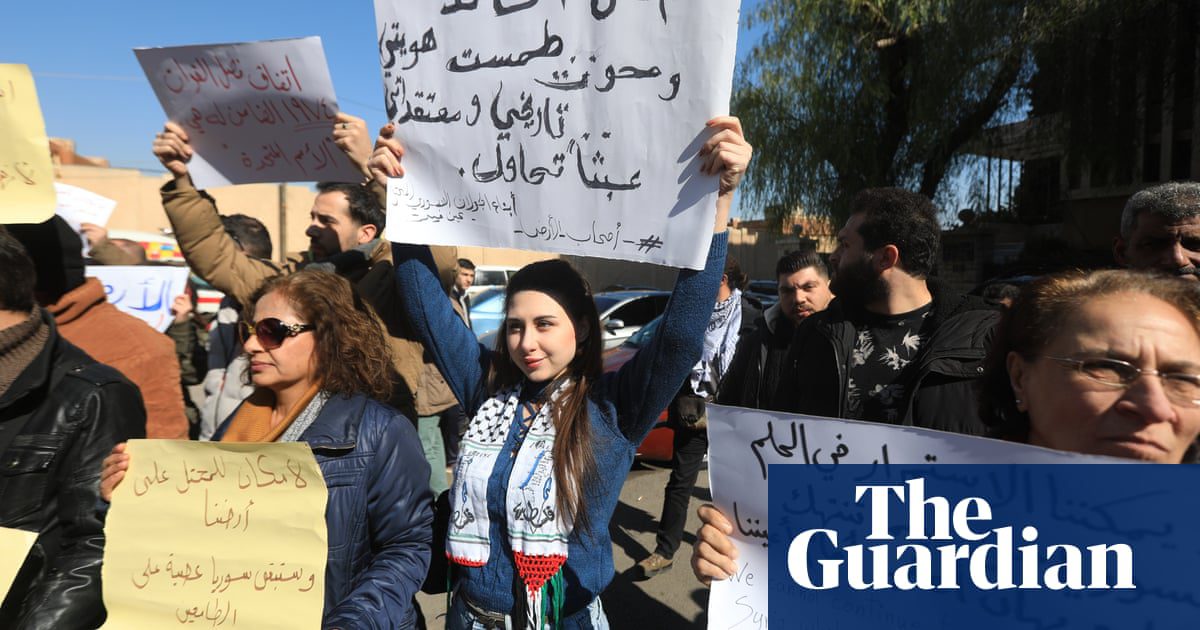

Israeli aircraft have conducted a series of airstrikes targeting military installations near Damascus and in southern Syria, amid warnings from Israeli officials to their military to refrain from advancing southward from the capital.
On Tuesday evening, Israeli jets targeted military sites in Kiswah, located south of Damascus, and in the Deraa province, as reported by local Syrian media outlets.
Israeli Defense Minister Israel Katz acknowledged the strikes aimed at southern Syria, asserting that Israel is determined to prevent southern Syria from mirroring southern Lebanon in terms of security threats. He emphasized that any efforts by Syrian regime forces or terrorist organizations to establish a presence in the designated security zone of southern Syria would be met with force.
Earlier in the week, Israeli Prime Minister Benjamin Netanyahu called for the complete demilitarization of the southern region of Syria.
Following a recent offensive by the Syrian rebel group Hayat Tahrir al-Sham that led to the ousting of the Assad regime on December 8, Israeli forces entered the UN-designated buffer zone separating Israel from Syria. They have maintained a presence there despite the objections raised by Syria’s newly established government and the United Nations, which oversees the demilitarized area.
In the aftermath of the regime’s fall, Israel’s air force launched hundreds of strikes against arms depots, naval facilities, and military infrastructure in Syria, aiming to prevent weapons from falling into the hands of rebel forces. These strikes largely ceased at the beginning of the new year.
Just hours before the recent bombings, Syria condemned Israel’s incursion into the buffer zone, demanding the withdrawal of Israeli troops from its territory. This statement was made after a national dialogue conference that brought together various Syrian activists and leaders to discuss the country’s political transition after the Assad era.
Despite issuing strong statements against Israeli actions, the new Syrian government has not engaged directly with Israeli forces in Syria. The prolonged civil war has left the Syrian military weakened and struggling to rebuild, which limits its capacity to confront a well-armed neighbor like Israel.
Although Syria formally disbanded all military factions on January 29, it has yet to establish a cohesive national army. Various militias remain outside of full state control, as the defense ministry seeks to integrate thousands of former rebel fighters.
Before the fall of the Assad regime, Israel periodically conducted airstrikes in Syria, often without claiming responsibility, primarily targeting Iranian forces and efforts to transfer weapons to Hezbollah in Lebanon.
With Hezbollah and Iranian-backed forces having withdrawn prior to the regime’s collapse, Israel remains cautious about the new Syrian leadership. On Monday, Israel’s Foreign Minister Gideon Sa’ar labeled the new government as a “jihadist, Islamist terror group,” reflecting ongoing concerns regarding stability and security along its borders.








